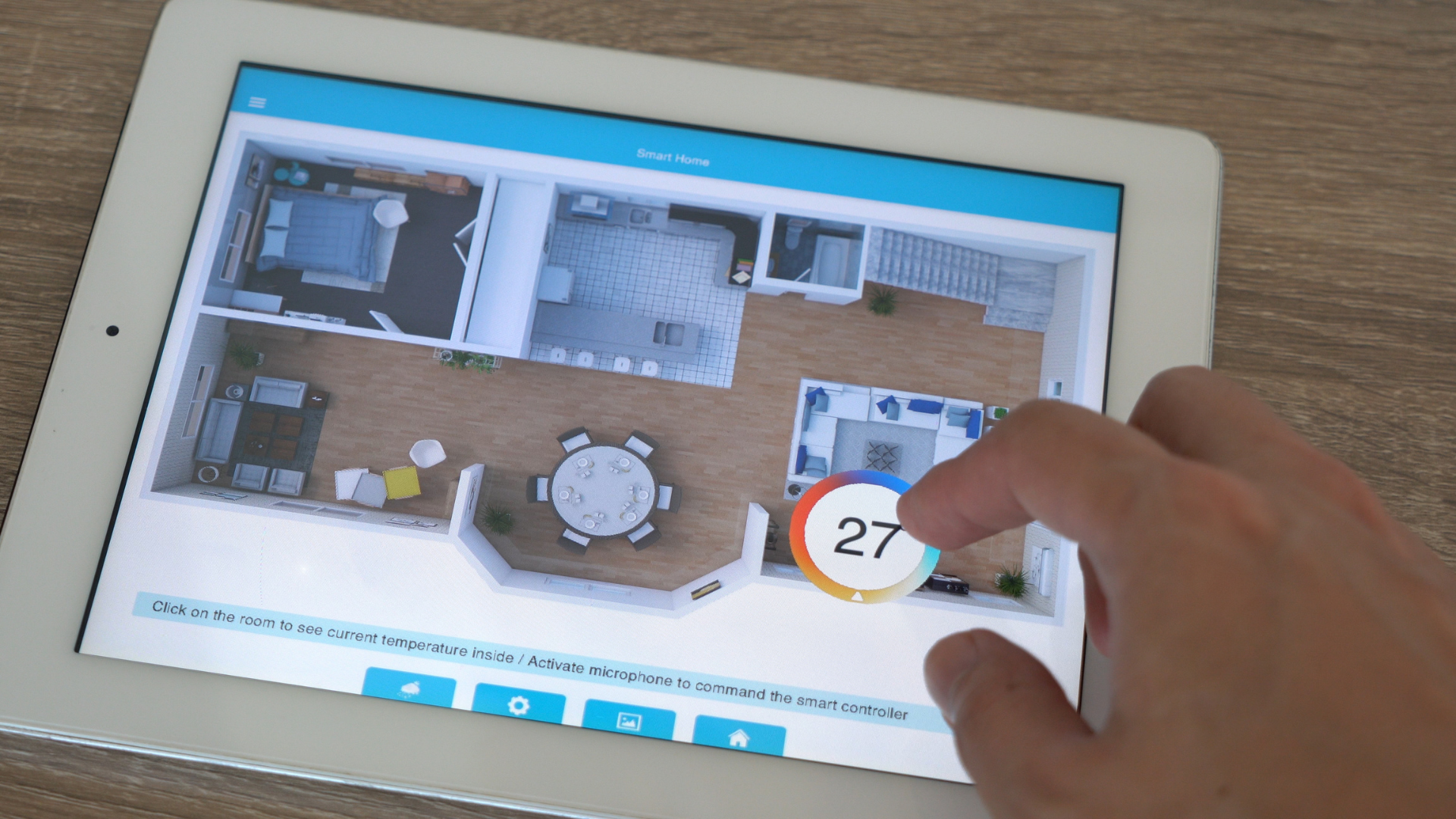Are you starting to get serious about your internet security?
Do you wish to keep your browsing habits confidential but don’t know how to protect yourself from hackers? There’s only one solution, which is to use an encrypted virtual private network.
Hackers steal people’s identities and money every day. Until you protect your online habits, you leave yourself at risk. It doesn’t matter if you’re using a public computer or your personal computer.
With a VPN, anti-malware software, and firewalls, you give yourself the highest level of protection possible. If you don’t know how to find or buy a VPN, we’ll walk you through a few simple tips to help you better understand why you need one.
What is a VPN?
When it comes to secure online browsing, virtual private networks, or VPNs, are invaluable tools. A VPN creates an encrypted tunnel between your device, like a laptop or smartphone, and the server of the service provider. This creates a secure channel for all data, whether you’re sending emails, or online banking information.
A VPN allows you to access the internet privately and securely while hiding your true location and IP address. It also prevents your data from being intercepted by malicious actors and protects it from cyberattacks. In short, a VPN provides an added layer of security and privacy to protect your data, giving you peace of mind and allowing you to freely browse the web without worrying about who may be listening.
Benefits of VPN
VPNs (Virtual Private Networks) offer vital security features that help protect users’ online activities. By emulating a private network over the public Internet, VPNs securely encrypt all data sent through them. This prevents hackers and snoopers from being able to access your internet activities and any sensitive data you’re handling.
Furthermore, whenever you connect to public Wi-Fi in coffee shops or airports, using a VPN will ensure your online security and prevent anyone from obtaining your online credentials and activities. VPNs also tend to be quite useful for bypassing regional restrictions, enabling you to access geo-restricted sites, services, and content with ease. This means that you can consider using a free VPN with Netflix, Amazon Prime, Spotify, or any other platform that is not available in your country.
Additionally, you can use VPNs to hide your IP address, making it harder for anyone to trace your online activities back to you. To sum it up, the power of VPNs to protect your online activities, hide your IP address, and bypass geographical restrictions makes them essential for secure online browsing.
VPNs are also commonly utilized by businesses and organizations to enable secure connectivity to cloud based services, infrastructure, storage, applications or platforms. They ensure that data transmitted between the organization’s network and the cloud remains protected, even over public internet connections. However, in the event of a secure connection breach, confidential information may be compromised or stolen. In such situations, information security experts like FRSecure (frsecure.com) can lead incident response efforts to contain the incident, investigate the root cause, mitigate risks and restore normal operations. They coordinate with internal teams and external stakeholders to effectively address security breaches. Thus, VPNs can prove beneficial not just for business organizations but also for individual users as well.
Risks of Not Using a VPN
VPNs, or virtual private networks, are growing in popularity for secure online browsing because of their data encryption capabilities. Routing traffic through an encrypted tunnel keeps your data safe from those trying to steal it. VPNs can also mask your IP address to prevent tracking and re-route your information to a secure server, allowing you to browse anonymously.
The risks of not using a VPN include identity theft, cybercrime, and privacy hacks. If a malicious third party gets access to your data, they can easily use it to their advantage. Additionally, when you don’t encrypt your data, you can suffer hefty fines or even criminal charges if caught browsing illegally. By using a VPN, you’re able to browse safely and anonymously, while you’re also provided with an extra layer of protection against data breaches and online threats.
Practical Ways to Protect Yourself While Browsing Online
VPNs, or virtual private networks, have become essential tools to ensure secure online browsing. VPNs create an encrypted connection route between your online activities, computer, and the Internet, making it difficult for hackers to access your data. By utilizing a VPN, all of your data is sent through an isolated network instead of a public one, so it is not visible to potential threats.
This means that if a third party steals your data, they won’t be able to decrypt it and view it. Additionally, because of the encrypted connection, your IP address remains hidden, preventing the third party from tracking your online activities. A VPN is a practical way to protect yourself while browsing online, giving you the power to browse the Internet with privacy and security.
Another great intermediary similar to VPN that can enhance your online security is a EU proxy server (if that’s where you are located). These servers can work as intermediaries between your device and the Internet, thus directing your internet traffic through their own servers. Also, this process can help hide your IP address and encrypts your data, thus adding an extra layer of protection while you browse the internet.
Start Browsing Securely With a VPN and Experience the Power of It for Yourself
VPNs provide a wide range of benefits, helping to keep our data and activities secure while browsing online. For these reasons, it’s essential to use a reliable VPN service to keep us safe whenever we’re browsing the web. Click now to start browsing securely with a VPN and experience the power of it for yourself.
If this article was helpful to you, be sure to check out the rest of our tech blog!





